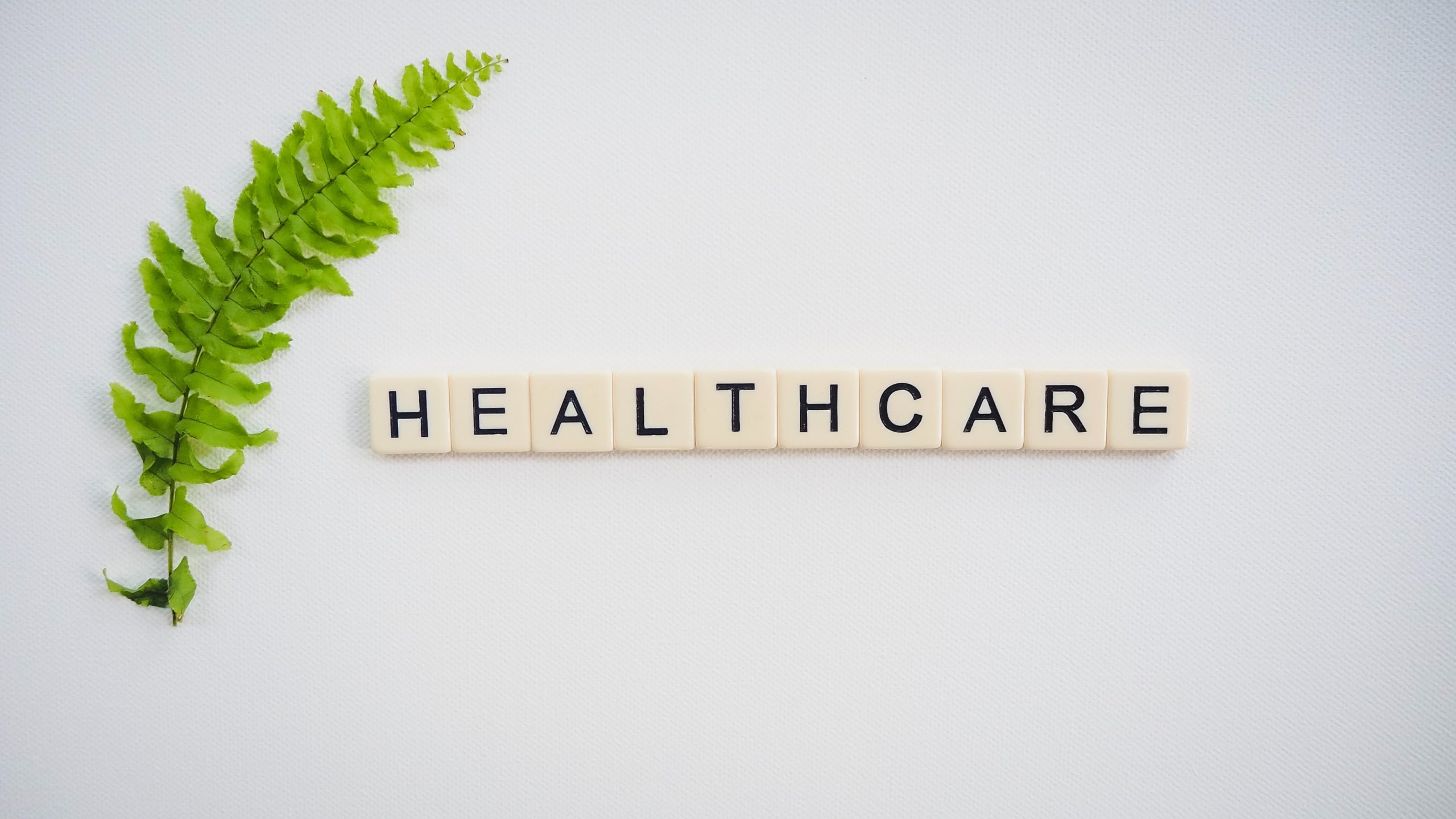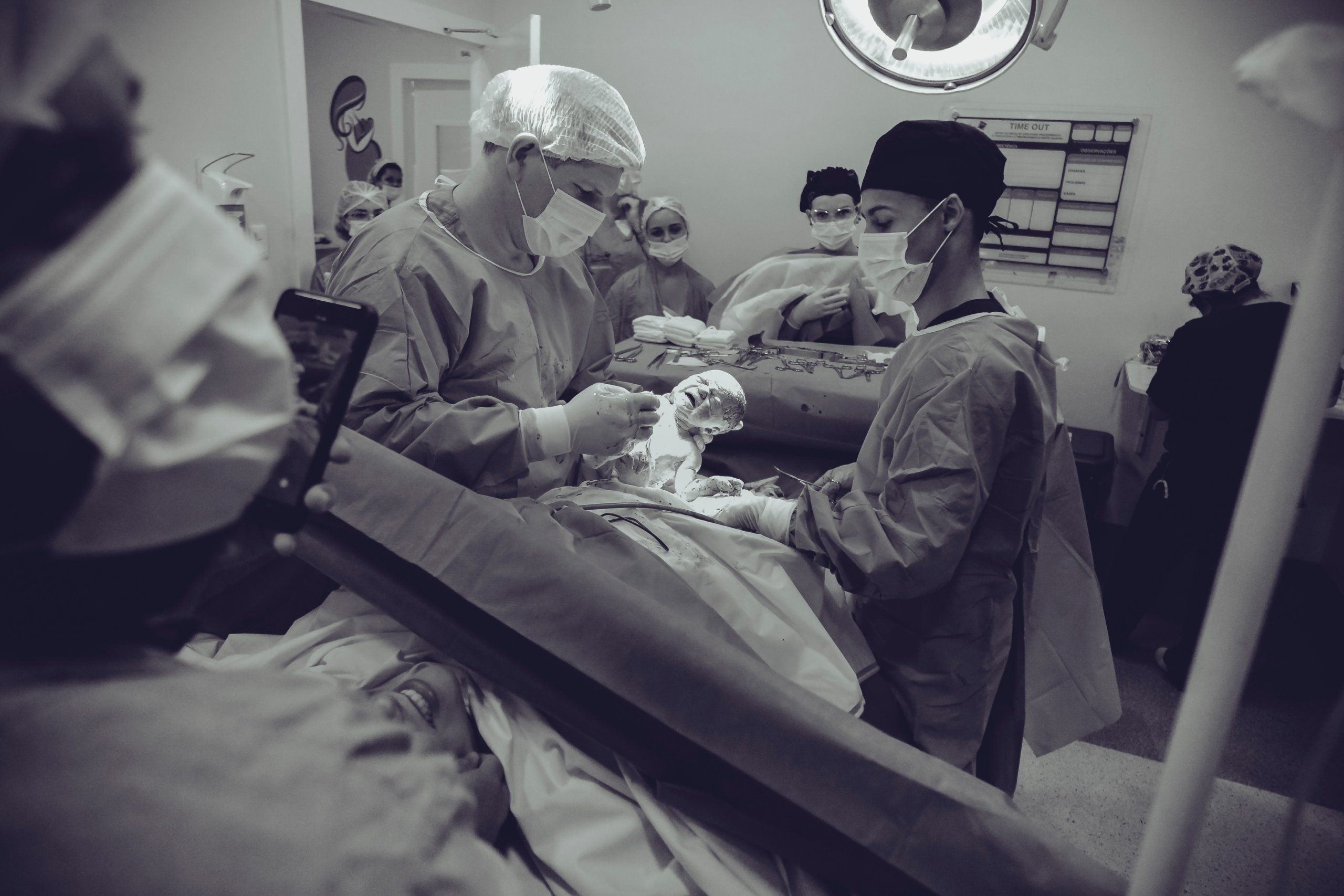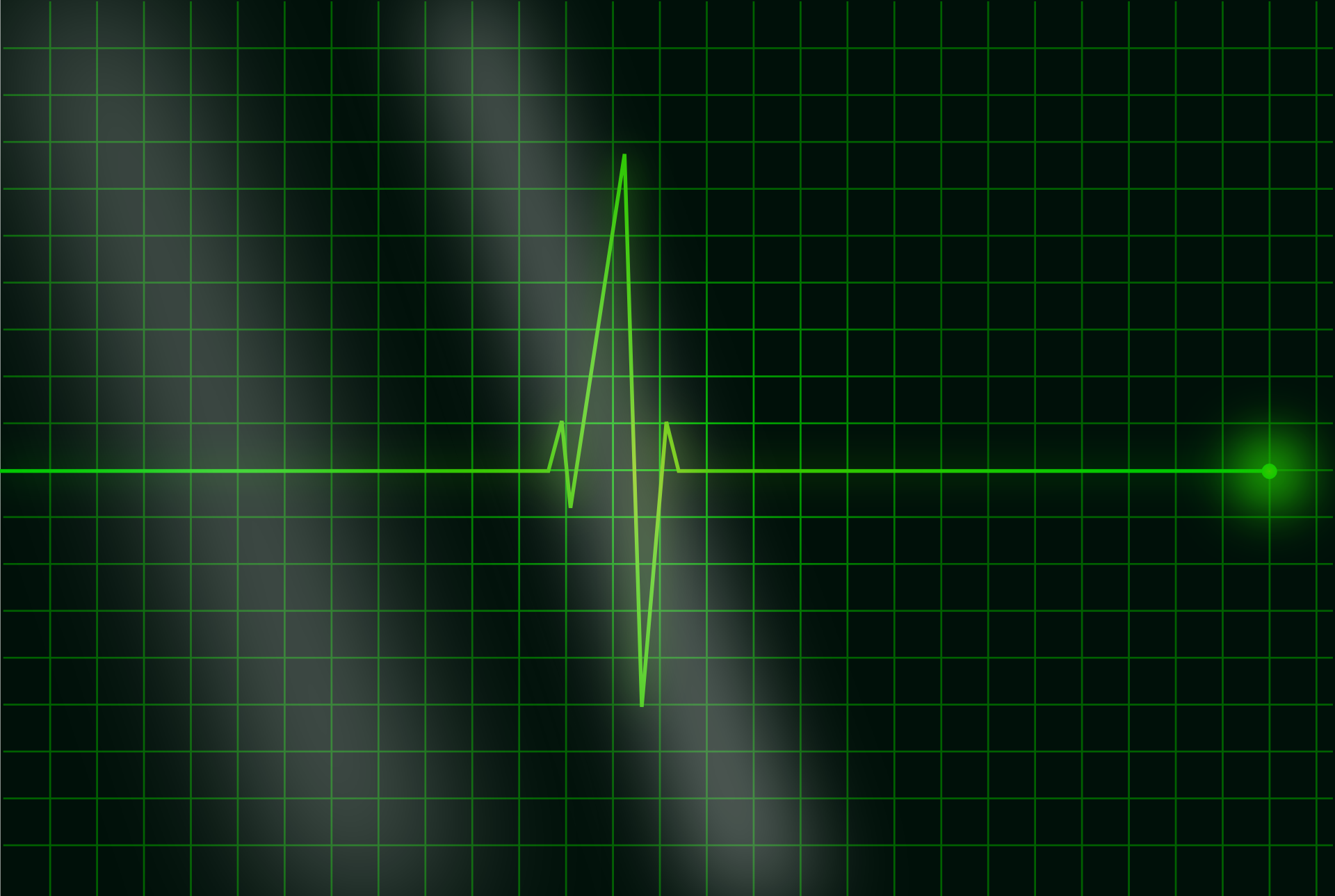
The explosion of innovation in the Internet of Things (IoT) has been exciting to witness over the past few years. IoT development has accelerated so fast that most people still view this technology as a distant concept that could have some impact down the line. But the truth is that IoT is already transforming several product niches and markets.
IoT is even making a profound impact on how we receive healthcare. It has been integral to innovations in this field that have occurred in the last couple of years, particularly those in patient safety. Let’s look at a few of the most important ways that IoT is improving this space.
Surgical Robots
Thanks to rapid advancements in artificial intelligence (AI) and IoT, robotic surgery is no longer a far-flung fantasy of science fiction works. Recent medical developments now allow for even the most complex and intricate surgical procedures to be carried out by software and robotic systems. You can now find robots conducting surgery in fields like neurology, gynecology, urology, orthopedics, and more.

Obviously, being operated on by robots is not easy to stomach for many people. Fortunately, it’s been shown that robots tend to be safer, cheaper, and more efficient than their human counterparts. In fact, they enable minimally invasive procedures, which in turn means lower rates of error and faster recovery.
As surgical robotics continue to improve, more healthcare facilities around the world will invest in and implement this technology. By 2024, the global surgical robot market is forecasted to reach a value of $98 billion.
Advanced Adverse Event Reporting
The medical field is filled with an overwhelming number of rules and regulations. Not only is it difficult to navigate and understand the myriad laws and restrictions, but they also tend to make healthcare facilities and providers hesitant to report issues or errors for fear of being hit with fines and lawsuits.
But reporting is necessary to address problems such as dangerous products or defective pharmaceuticals. Fortunately, integrated IoT platforms are here to help. Connected device platforms are giving medical teams the ability to access patient vitals and results in real time. Combined with predictive analytics, these platforms not only allow providers to seamlessly report events properly but also make more informed decisions about patients’ treatment plans.

As a result of these capabilities, both patients and providers benefit. More immediate, long-lasting solutions means less likelihood of complications. And providers can focus on the medical problems at hand without worrying about potential litigious mistakes coming back to haunt them.
Remote Patient Monitoring
Directly monitoring a patient around the clock is not only unrealistic but financially unfeasible when you consider the amount of money and man-hours required to do so. But for many medical conditions, monitoring is necessary to ensure that recovery and treatment are going according to plan. Fortunately, IoT has brought advancements to remote monitoring that make it much more practical.
With IoT-connected devices, doctors and medical staff can accurately monitor the vitals of numerous patients, no matter how far they are. For instance, patients with a history of heart failure can use an Internet-connected scale to record and transmit key information. Alongside regular phone check-ups, this has been shown to drastically reduce readmissions in the near future.
Similarly, patients with heart issues can also now use wearable devices to track heart rate data in real time. With this information, doctors can establish notification systems to alert patients of alarming trends or changes that may lead to increased risk for complications.
Looking ahead, “smart pills” with embedded sensors will become more ubiquitous. They not only tell a doctor when medication has been taken but also track the pill’s activity and ensure the patient’s metrics adjust accordingly.
Nobody can be everywhere at once. But with IoT-powered remote monitoring, healthcare teams can now monitor patients in San Francisco and New York City, even though their facility may be in Denver. This flexibility improves how different medical situations are handled, which in turn leads to consistently better patient outcomes.
More Insights from Mobile Apps
Improvements to both IoT and mobile technology now allow patients to take their health into their own hands. An influx of IoT-connected mobile health apps enable people to monitor and treat a variety of maladies. Here are a few of our favorites:
AliveCor: This mobile app can be paired with a medical-grade EKG pad that lets users turn their smartphones into mobile electrocardiograms that are capable of detecting tachycardia, bradycardia, atrial fibrillation, and other heart problems.
Glucose Buddy: This free app enables patients with diabetes to manually input data like insulin doses, glucose numbers, and carb consumption. From this information, the app then creates push reminders to keep users informed about and on top of their health.
WebMD Pain Coach: Chronic pain affects millions of Americans. This WebMD app lets patients input their pain levels, record treatments and moods, and even identify potential triggers. With this journal in tow, patients are better equipped to discuss their chronic pain with their providers.
IoT Is Connecting Us to the Future of Healthcare
By improving patient safety, IoT is truly paving the way for better patient outcomes. As this technology evolves alongside consumer-grade mobile devices, expect to see even more innovations to emerge in the near future. We can’t wait to see what IoT brings to healthcare next.
Which IoT application discussed in this article is your favorite? How do you think IoT will change healthcare in the near future? Let us know in the comments!





